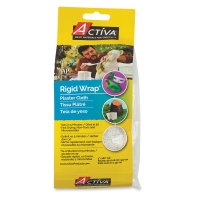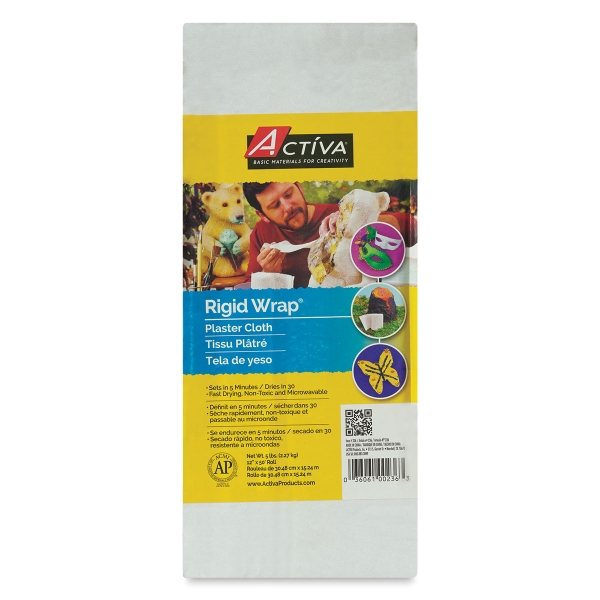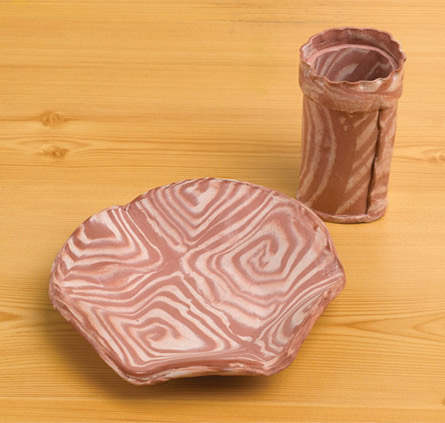
If I would choose one Jesmonite alternative – Polycell Quick Set Cement! Here are some Jesmonite AC100 alternatives: If you’re looking for an alternative it can be resin with some kind of plaster (it makes the piece very durable), just resin, or regular quick-set cement mixed with water. Jesmonite has 2 active parts: a liquid resin and a composite plaster. On Etsy and other marketplaces, though, a standard package of AC100 will cost you around $90-$370 and not everyone is ready to invest so much in a hobby. For US residents check the alternatives below.Įverything would be just perfect but Jesmonite doesn’t have an official distributor in the US, and you can’t directly purchase it from their official website. Time for initial set: 15 – 20 minutes (18☌, No Retarder)įor UK residents: l ink to AC100 Liquid + powder 3,5 kg package. MIX RATIO: 2,5 parts of Jesmonite base to 1 part of AC100 Liquid. You can use AC300 instead of AC100 for cost-sensitive applications. You can always buy additional mediums with glass reinforcements, pigments, fillers, and control chemicals to use adaptable material for versatile craft ideas. It offers fire-resistant glass-reinforced mouldings. Simply put AC100 is an acrylic polymer or resin.ĪC100 will fit you perfectly if you’re planning to make some home decoration, art projects, and moulded projects, but also for making wall panels. It is absolutely safe and eco-friendly (solvent-free, no VOC’s). AC100 is a water-based Acrylic composite material. As well as all product lines.Īs we know now jesmonite is made of 2 parts: a resin and a mineral base. If you are UK resident Jesmonite Starter Kit is available for you on Amazon. Jesmonite Base (any other mineral base).Jesmonite starter kit from official store in the UK Jesmonite AC100 starter kit should include: Related post: 73 Best Resin Mold Ideas + DIY Mold for Epoxy RecipeĪ jesmonite starter kit typically contains everything you need to start working with jesmonite, including molds of various shapes, pigments for coloring your creations, and base jesmonite resin (liquid and powder). However, Jesmonite is more opaque than epoxy and doesn’t have a glossy finish until you polish it.Īnother difference is that epoxy is transparent, while Jesmonite has a concrete-like appearance and matte finish. Jesmonite may be an alternative to epoxy resin projects, especially if we consider the price. safe to use, and easy to use and clean.durable: flame resistant, and resistant to impact.ultimate chameleon material – can mimic virtually any surface, color, or texture.cured jesmonite can be broken down and reused as decorative fillers to create unique patterns.

eco-friendly safe alternative to resin, plaster, or concrete.


In 2017 Jesmonite was officially named “Material of the Year” by the London Design Fair.Īll of these beauties above are made from Jesmonite and are featured on the Jesmonite brand’s official Instagram account. Jesmonite was invented in 1984 in the United Kingdom by Peter Hawkins – Technical and Development Director of the Jesmonite company. Jesmonite resin isn’t as strong as traditional polyester resin so jesmonite pieces are lighter and more delicate than jesmonite made with resin. Jesmonite is a combination of polyester resin and jesmonite base (a mineral base).


 0 kommentar(er)
0 kommentar(er)
